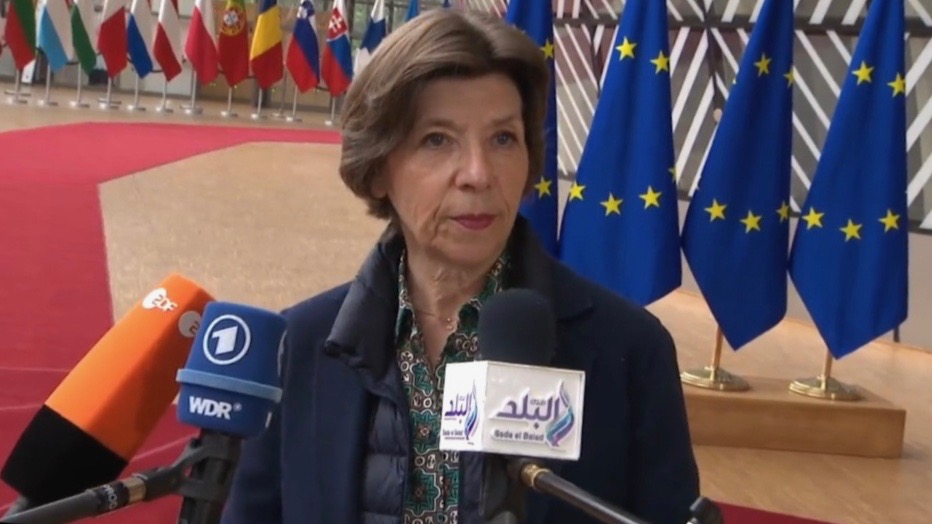In a strongly worded statement on Wednesday, May 24, Syria claimed that French policies towards the country were “isolated and detached from reality,” and asked it to review its policies as people across the world have discarded the era of colonialism and domination by the West.
In the statement, Syria’s Foreign and Expatriate Ministry claimed that France needs to discard its dreams of restoring “legacies of colonial era and domination of people” as the world today is based on multipolarity, rejection of immoral and inhuman economic sanctions, and respect for sovereignty and independence and equality of states, Syrian Arab News Agency (SANA) reported.
The statement was a response to French Foreign Minister Catherine Colonna’s claims a day earlier, where she said that the Syrian president was responsible for killing thousands of people and must be tried for his crimes.
Colonna was speaking to a French TV channel on the political scenario following Syria’s re-induction into the Arab League and the increasing normalization of Syrian diplomatic relations with other Arab countries after over a decade of isolation.
France ruled over Syria between 1919 and 1946 as a mandate created by the victors of the First World War.
Colonna also accused Syrian President Bashar al-Assad of using chemical weapons, and claimed that until he mends his ways, France will not have any dealings with Syria. She demanded that Assad agree for a “reconciliation, and to fight against terrorism and the illegal drug trade.” She also called Assad an “enemy of his people.”
France’s active involvement in Syrian war
Rejecting Colonna’s claims, Syria reminded France of how it had unsuccessfully tried to change the regime in the country through the use of terrorism. After the outbreak of the war in Syria in 2011, France, along with the US and other NATO countries, backed the anti-Assad forces and provided them with weapons, money, and training.
Even now, France, along with the US, has been supporting the separatist Kurdish forces in Syria’s oil rich eastern parts in the name of fighting ISIS.
France, the US, and other NATO countries have also imposed numerous economic and political sanctions against Syria, crippling its economy and reconstruction efforts.
The unilateral punitive measures—as these sanctions are recognized in international law—are illegal. The UN and other human rights groups have asked the US, France, and others to withdraw them, noting that they cause and prolong the suffering of millions of Syrians affected by war.
Over a decade-long war and Western sanctions have led to the deaths of over half a million Syrians. Almost half of the country’s pre-war population has been displaced and its economy is destroyed. Some parts of Syria are still under rebel control or foreign occupation.
France and its allies refused to lift the sanctions even after the devastating earthquake in February which killed over 5,000 Syrians and displaced hundreds of thousands, impacting the relief work.
France and its Western allies like the US have also criticized Syria’s re-induction into the Arab League and threatened Arab countries against such moves. However, most of the Arab states—except Kuwait, Qatar and Morocco—have ignored these threats and are currently at different stages of normalizing their bilateral relations with Syria.
Calling French policies towards it “backward,” Syria recommended that France “must review its positions as their era of domination is discarded by the people around the world and particularly so after the Arab League summit in Saudi Arabia.”





